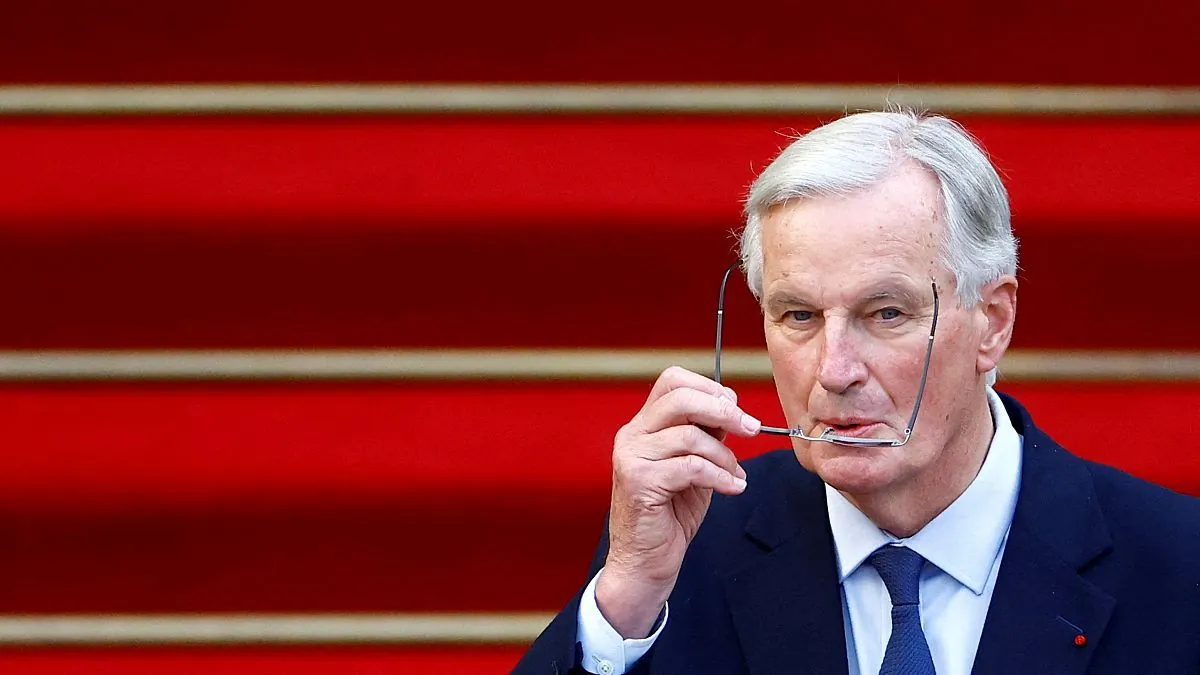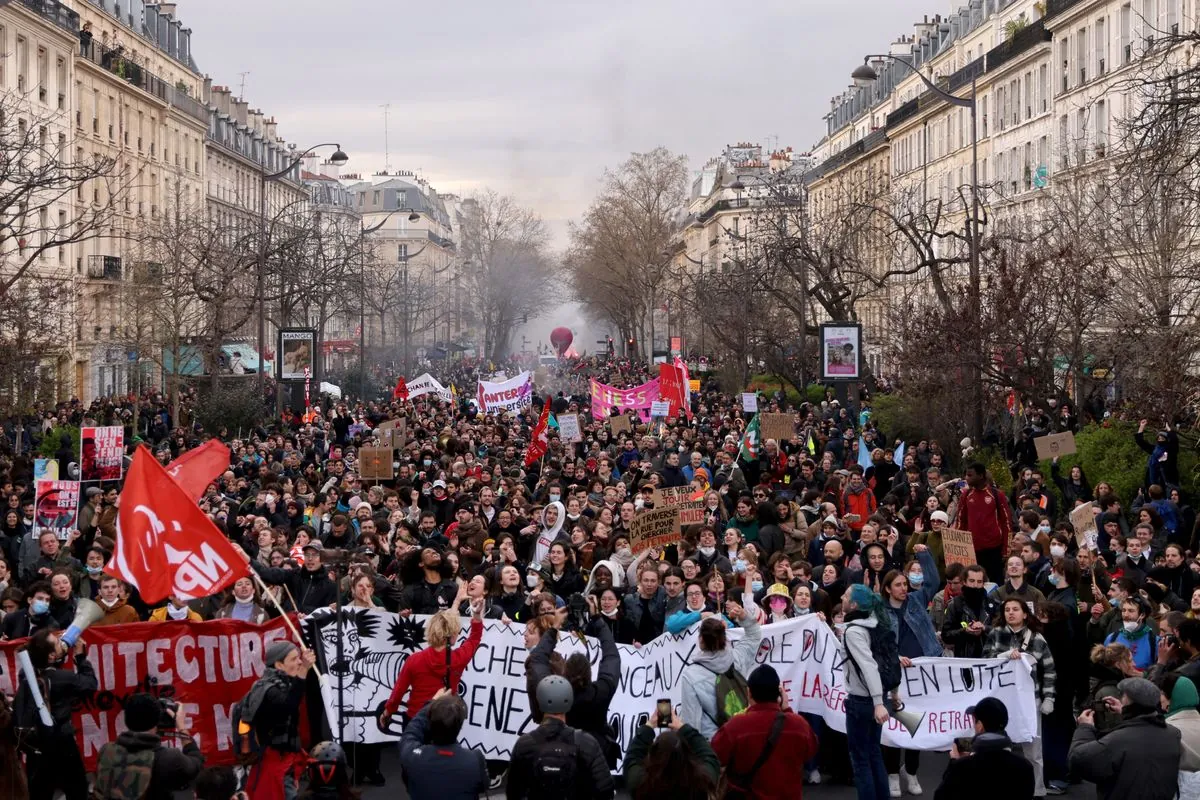Barnier Forms New French Cabinet Amid Political Tensions
Michel Barnier unveils a center-right government in France, facing opposition from left-wing parties and potential influence from the far-right. The new cabinet aims to address economic challenges and political instability.

Michel Barnier, France's newly appointed Prime Minister, has unveiled a new government, marking a significant shift in the country's political landscape. This development comes after months of uncertainty following the legislative elections in July 2024, where no party secured a clear majority in the 577-seat National Assembly.
The formation of this cabinet represents a tilt towards the center-right, primarily comprising members from President Emmanuel Macron's centrist movement and Barnier's right-wing Republicans. Notably, the government excludes representatives from Marine Le Pen's far-right National Rally and the left-wing alliance New Popular Front, despite their strong performances in the recent elections.
This political reconfiguration has sparked protests in several French cities, with left-wing parties, students, environmentalists, and feminist groups expressing dissatisfaction with the cabinet's direction. Socialist lawmakers argue that the appointments do not accurately reflect voter preferences, particularly the strong showing of left-wing parties in the July elections.

The new government faces significant challenges, both in terms of political stability and economic management. France's budget deficit stood at 5.5% of GDP last year, well above the European Union's 3% guideline. The country's public debt has surpassed 110% of GDP, placing it among the highest in Europe. Barnier has identified addressing this "very serious" budget situation as his government's top priority.
Jordan Bardella, president of the National Rally, has issued a veiled threat, suggesting that the new government may have "no future." This statement underscores the delicate balance Barnier must maintain to avoid a no-confidence vote that could topple his government before it even begins its work.
The current political landscape marks a significant shift in French politics. For the first time, Le Pen's party holds substantial sway over government talks, a situation that analysts view as a consequence of Macron's snap election gamble. This development has given the far-right its largest parliamentary bloc ever and a potential kingmaker role.
"The fact that we didn't put forward a prior vote of censure does not deprive us of the possibility, depending on the budget, of voting for a vote of censure if we consider that the French people's best interests are being flouted."
As France navigates this complex political terrain, the country faces numerous challenges. These include rebalancing the economy after pandemic-related spending, protecting households from rising energy prices, and increasing defense spending in response to geopolitical tensions. The success of Barnier's government will depend on its ability to address these issues while maintaining a fragile political coalition in France's increasingly polarized political landscape.


































